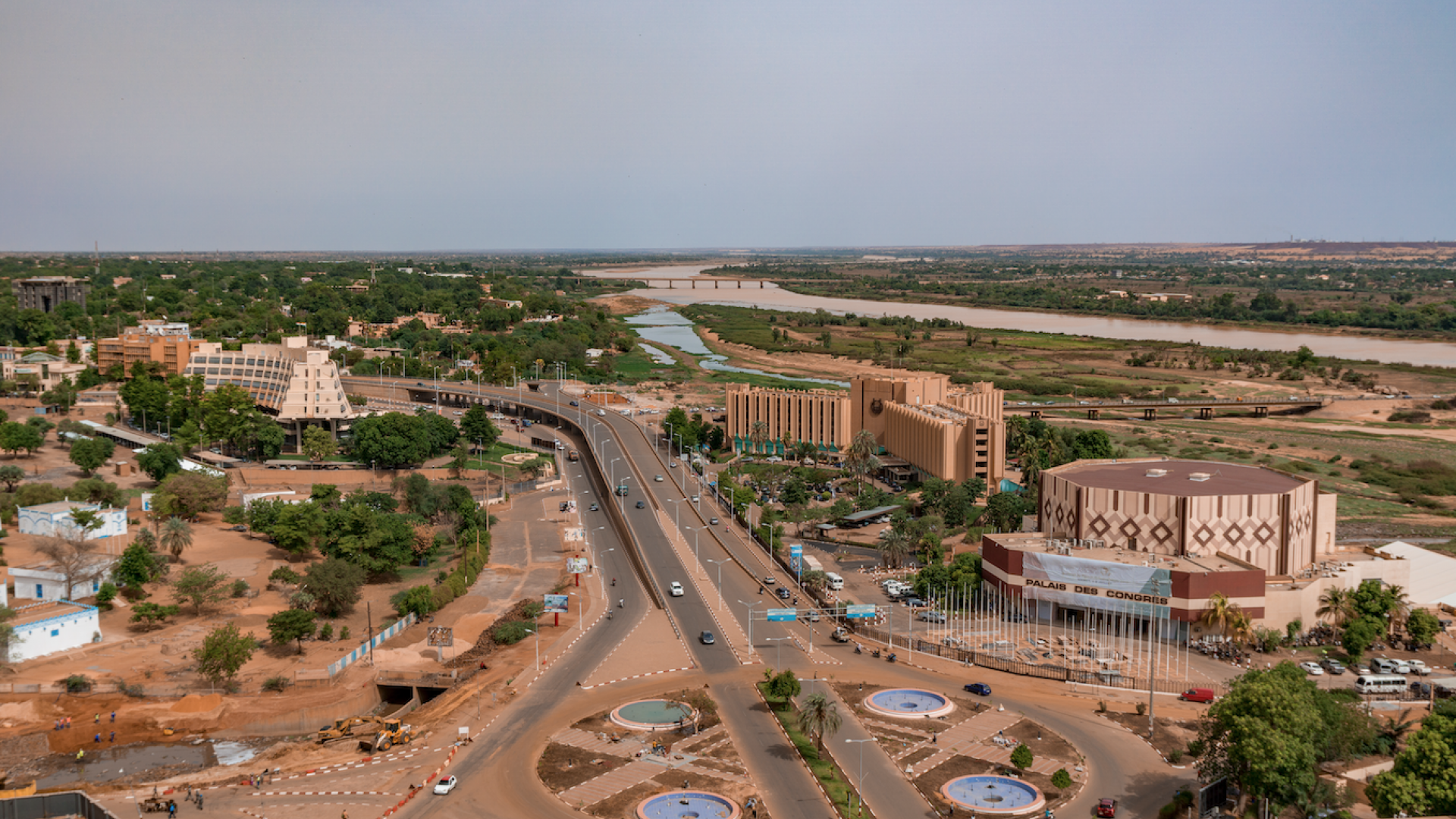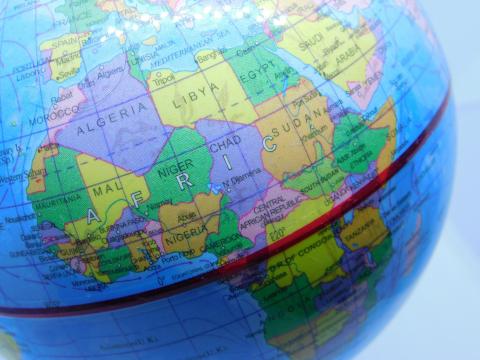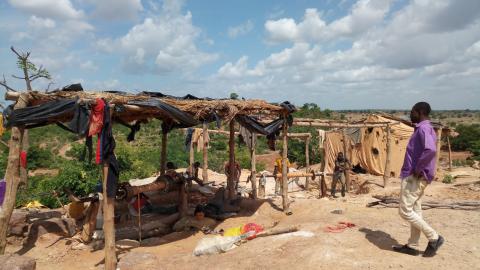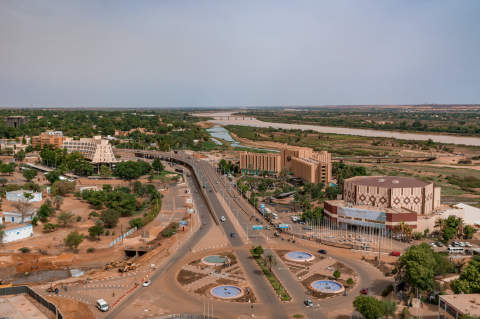
Overview and role of the EITI
Niger was re-admitted as an EITI implementing country in February 2020. Following a military takeover in July 2023, Niger was placed under enhanced scrutiny.
Niger is the world’s fifth largest producer of uranium. It also has considerable reserves in gold, iron, coal and oil. Niger’s oil and gas sector is an important engine for economic development, and its development is underpinned by the country’s 2019 Petroleum Policy. Oil production began in 2011 and intensified following the expansion of the Agadem project by China National Petroleum Corporation (CNPC), as well as several discoveries by Algerian state-owned enterprise SONATRACH and Savannah Petroleum. While oil production is projected to increase, the country does yet not export crude oil. In July 2020, Niger adopted a 15-year national mining policy which aims to diversify mining beyond uranium.
Niger joined the EITI with the aim of using the EITI to monitor production and revenues in the burgeoning hydrocarbon sector, which is expected to generate substantial government revenues to develop the national economy. ITIE-Niger also aims to use extractives data to inform public debate. Formalisation of artisanal mining, following the gold rush on the Aïr mountains, is also a key priority of the government.
Economic contribution of the extractive industries
- 12%
- to government revenues
- 42%
- to exports
- 8%
- to GDP
- 4%
- to employment
Niger has always made the governance of extractive industries a priority of its economic and social development policy, and it is on the strength of this conviction that the Government has decided (...) to resume its place within the large EITI family.
Extractives sector management
Tax and legal framework
Niger’s mining sector governed by the 2022 Mining Law and its oil and gas sector is governed by the Petroleum Code. The Tax Department and the Public Treasury collect and manage taxes paid to the central government in accordance with the Tax Code. The three main taxes and fees imposed on extractive industry companies are capital gains tax, profit tax and royalties.
The Ministry of Energy and Petroleum and Ministry of Mines and Industrial Development are responsible for sector-specific levies. Municipal governments are responsible for levying extraction tax.
Licenses and contracts
Mining licenses are awarded by the Ministry of Mines and Industrial Development on a first come, first served basis and are disclosed via the country’s mining cadastre. Oil and gas production sharing contracts are concluded in the same manner. Niger’s Constitution requires contract disclosure, and mining and petroleum contracts are disclosed on the ITIE Niger website.
Beneficial ownership
Niger does not have a specific legal framework mandating the public disclosure of beneficial ownership information. However, beneficial ownership data is required to be submitted upon the establishment of a company to the Niger Chamber of Commerce, Agriculture, Industry and Handicrafts of Niger (Centre de Formalités des Entreprises - CFE).
According to Law n°2017-63 of the Petroleum Code, applications for hydrocarbon exploration or exploitation permits must include a list of shareholders or associates who have control over the company. According to Decree No. 2006-265/PRN/MME of the Mining Law, applications for mining permits should indicate the names, capacity, nationality and domicile of all persons having responsibility for the management of the company.
Niger does not yet have a beneficial ownership registry, nor does it disclose beneficial ownership information in EITI Reports.
Revenue distribution
In accordance with the Petroleum Code (Article 146), 85% of oil and gas ad valorem royalties, fixed fees and surface royalties are allocated to the state budget, and 15% are allocated to regions and communes hosting extractive activities for the purpose of local development. Mining revenues are distributed in the same way and also include proceeds from artisanal mining.
EITI implementation
Governance
ITIE-Niger is administered by the Niger Multi-Stakeholder Group (MSG), also known as the Groupe multipartite de concertation. The MSG is chaired by the Director of the Prime Minister's Office.
Timeline
Government announces commitment to join the EITI
Multi-stakeholder group is formed
Candidature application is submitted
Application
Niger joins the EITI
2020 EITI Report published
Report
Niger is subject to active monitoring
Board decision
Niger is suspended for missing reporting deadline
Board decision
Niger is placed under enhanced scrutiny
Board decision
Validation is closed due to superseding events
Board decision
2021 EITI Report is published; suspension is lifted
Report
Validation
Niger’s Validation commenced in April 2023 but was interrupted by a military takeover in July 2023. In October 2023, the EITI Board decided that Niger was subject to active monitoring for a period of three months. In February 2024, the EITI Board decided to keep Niger under enhanced scrutiny until March 2025. In May 2024, the EITI Board decided to close Niger's Validation process due to superseding events, in line with the Board's policy on engaging with EITI countries experiencing political instability or conflict.
Key documents


Beneficial ownership study in Niger

Improving the coverage of the artisanal and small-scale mining sector

Impact assessment of the allocation and distribution of revenues from the extractive sector

Niger 2020 EITI Report








